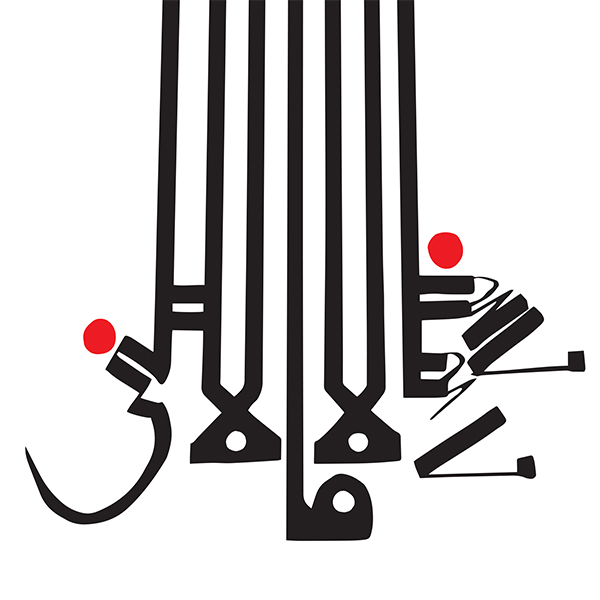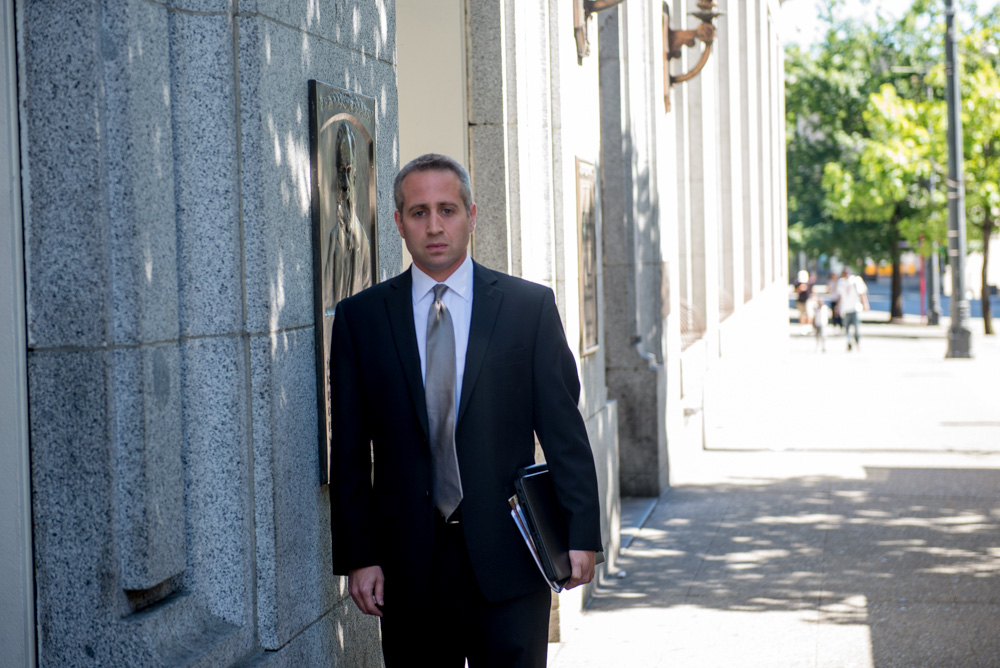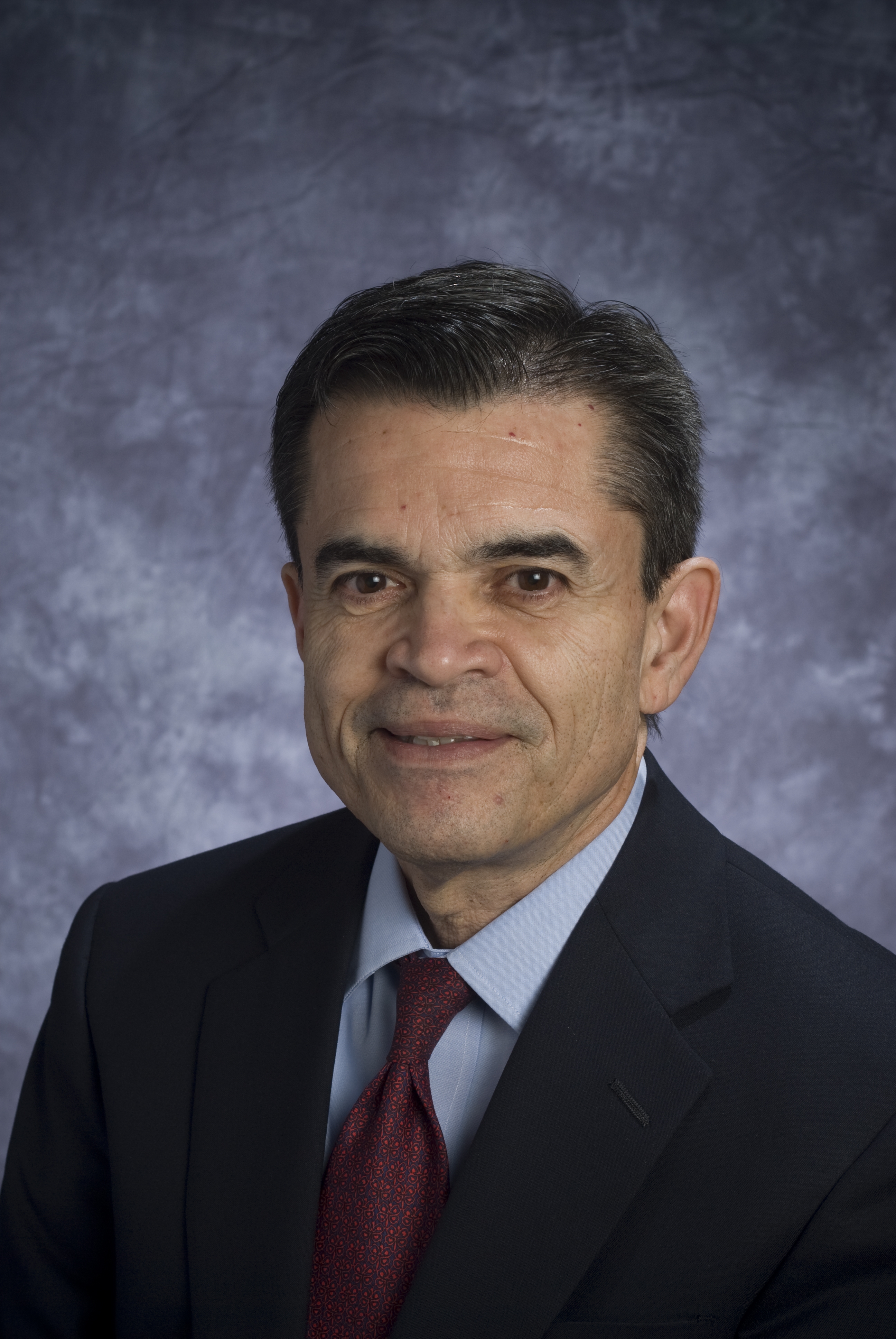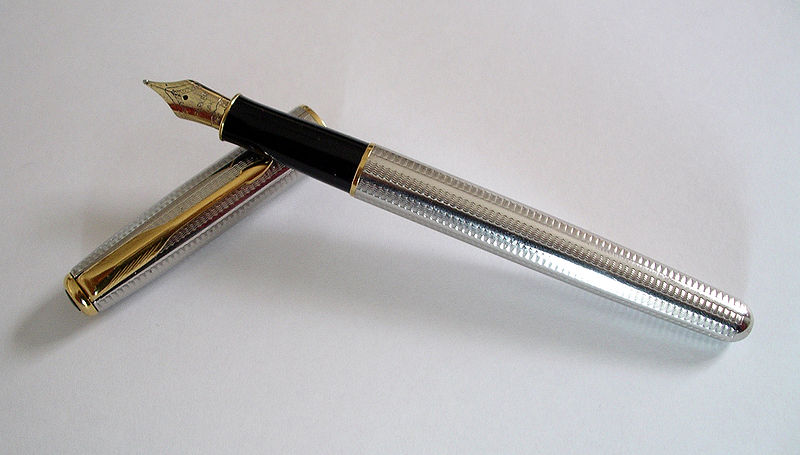It’s been just over a year since David Struckman’s lawyers told a panel of three Federal appeals judges that his conviction deserved to be overturned. Struckman, the subject of last week’s cover story (“Only a Putz Pays Taxes,” June 30), was convicted in U.S. District Court in 2007 for his role in the rise of Global Prosperity International, a notorious tax-avoidance scheme. At his appeal hearing, Struckman’s lawyers alleged gross misconduct on the part of the federal agents who handled the case.
Struckman found a sympathetic ear from the judges—but only to a point. Last week they finally issued a ruling in his appeal, making it clear they found the government’s “misconduct and misrepresentations” in its prosecution of Struckman to be “disturbing.” They also said they were “deeply troubled” that the executive branch of the federal government “had not investigated any of the misconduct” documented in the case. But they affirmed Struckman’s conviction anyway, saying all tainted evidence had been properly excluded by the trial court.
The judges said U.S. District Court Judge Robert Takasugi ruled correctly when he prevented evidence derived from an anonymous government witness known as “Ted” from being introduced at trial. Struckman’s lawyers had argued that by never disclosing Ted’s true identity, the government had violated their client’s right to due process. But the panel said Struckman failed to show how that evidence could have aided his defense, or how Takasugi’s remedy wasn’t sufficient enough to ensure that he received a fair trial.
In a separate, concurring opinion, Judge Marsha Berzon laid into the federal agents who handled Struckman’s case for what she calls their “affront to the judiciary.” Like Judge Takasugi before her, Berzon wrote that the Feds essentially lied about the real source of the information the government attributed to “Ted.” Three years after the trial, the source has yet to be disclosed, despite a court order. For that “continued defiance,” Berzon wrote, she would remand the case back to trial to force the government’s hand.
“Only when this information is available can the district court, and we, accurately determine whether a further remedy, in addition to the suppression order, is appropriate,” she said. According to Berzon, a remand would also give the trial judge the standing to discipline all responsible parties should the government continue to resist. Simply affirming the conviction creates “an intolerable situation,” wrote Berzon, adding that she’d “been able to find no case similar to this one.”
The fact that his lawyers were able to win Berzon over, and that he owes more than $2 million in restitution, might give Struckman reason enough to appeal the decision, this time to a full panel of appeals judges. According to court documents, the earliest he could apply to do so is July 13. Struckman is scheduled to be released from federal prison in August.








